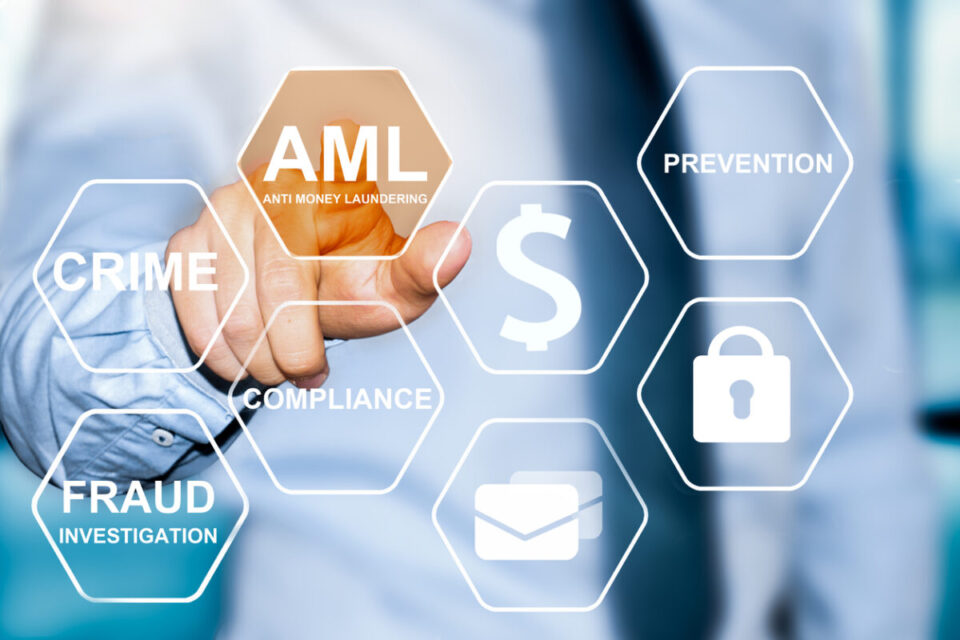
NorthRow: The Challenge of Beneficial Ownership – How to Unravel Complex Money Laundering Webs
Gina Clarke, 09 June 2021
 Identifying Ultimate Beneficial Owners can be challenging for many regulated firms. Financial criminals are adept at obscuring the true identities of Beneficial Owners by using complex legal structures and shell companies to launder illicit funds. Cross border corruption and money laundering is happening on a much wider scale with fraudsters hiding behind complex corporate structures.
Identifying Ultimate Beneficial Owners can be challenging for many regulated firms. Financial criminals are adept at obscuring the true identities of Beneficial Owners by using complex legal structures and shell companies to launder illicit funds. Cross border corruption and money laundering is happening on a much wider scale with fraudsters hiding behind complex corporate structures.
Greater transparency and public access for company registries is a key focus for both the UK and European Union (EU). However, the latest Transparency International report highlights the lack of availability and accessibility of beneficial ownership data in some EU countries.
The European Union (EU) was among the first to take serious steps aimed at improving transparency in company ownership. The 5th EU AMLD being the latest Directive containing further measures for enhancing the ability of competent authorities – both inside and outside the EU – to detect and investigate money laundering and financial crime.
This latest directive also recognises that transparency can be a powerful deterrent for preventing money laundering and financial crimes and asks that a wider number of countries open up their beneficial ownership registers to all.
Whilst the UK made its company registry publicly accessible in 2016 there is a continued attractiveness of UK companies to be subject to global criminals and kleptocrats. This has been attributed to the low cost and ease of company formation in the UK and the (currently) unverified nature of the data.
In combating this, the UK’s Economic Crime Plan made reform of Companies House a priority and places a focus on including plans to introduce compulsory identity verification to help deter and detect fraud and money laundering; and giving Companies House greater powers to query, investigate and remove false information in the register.

